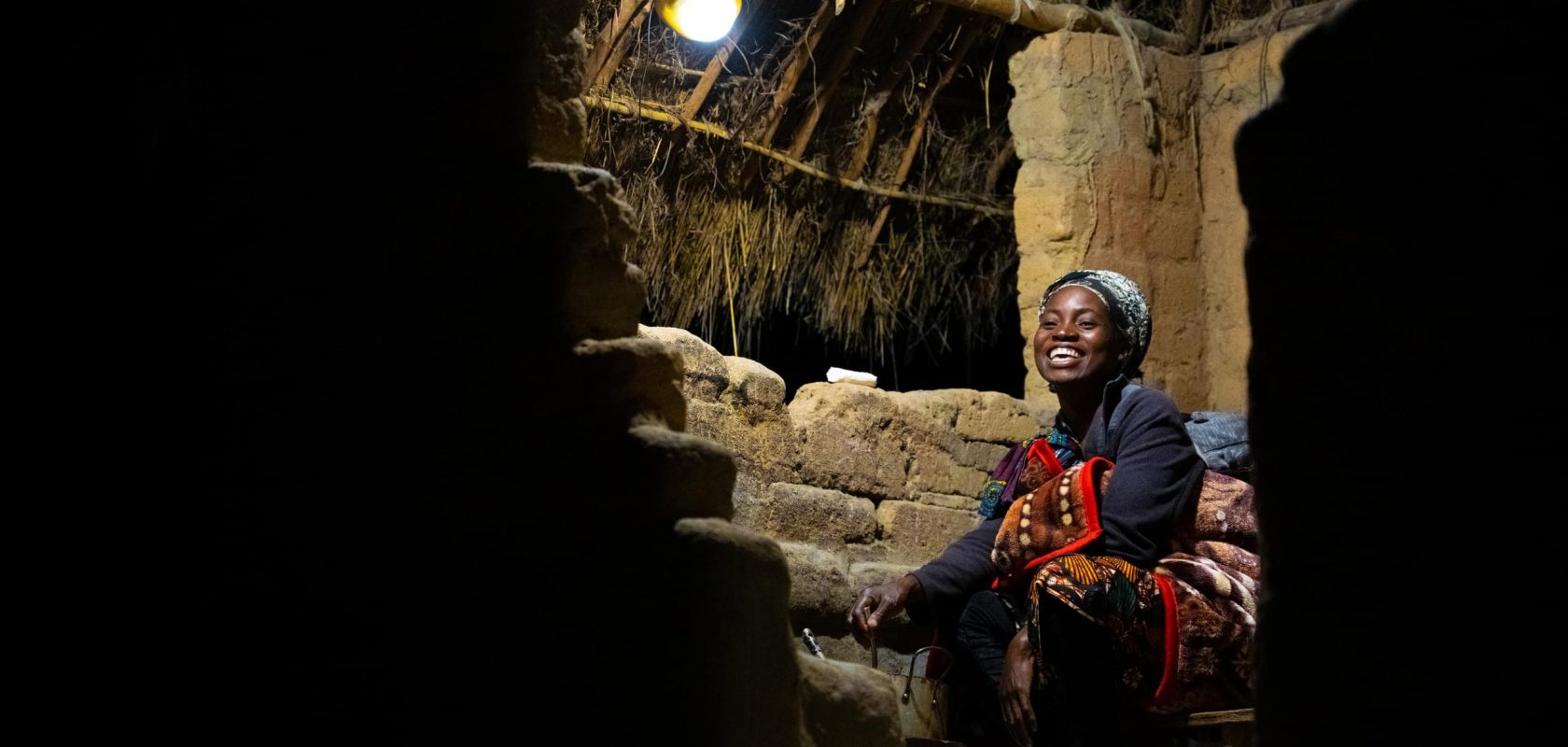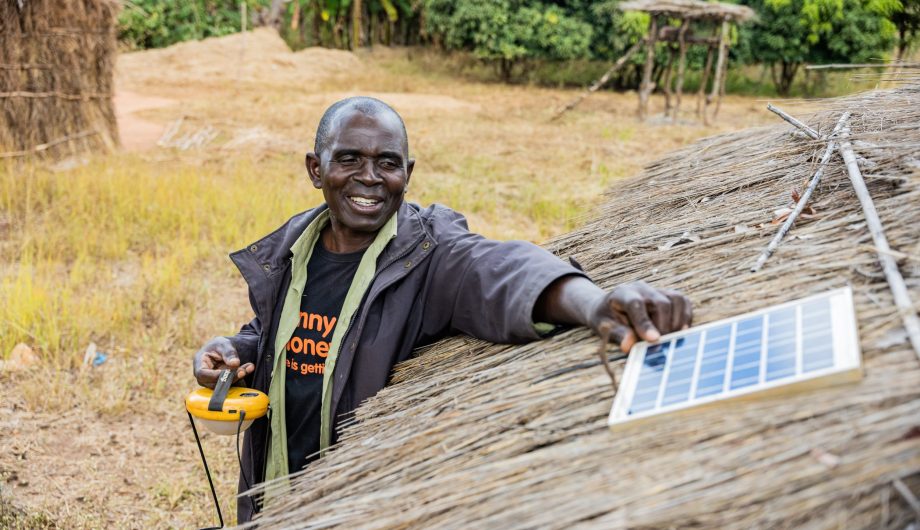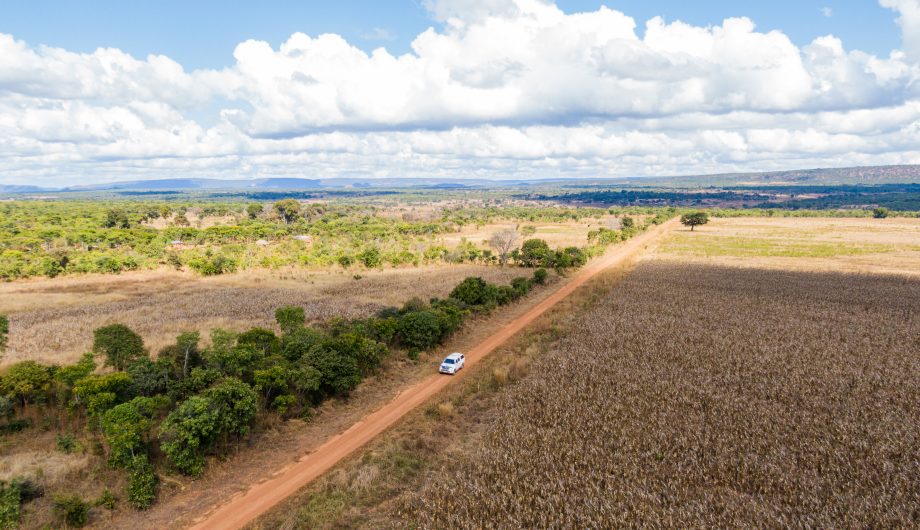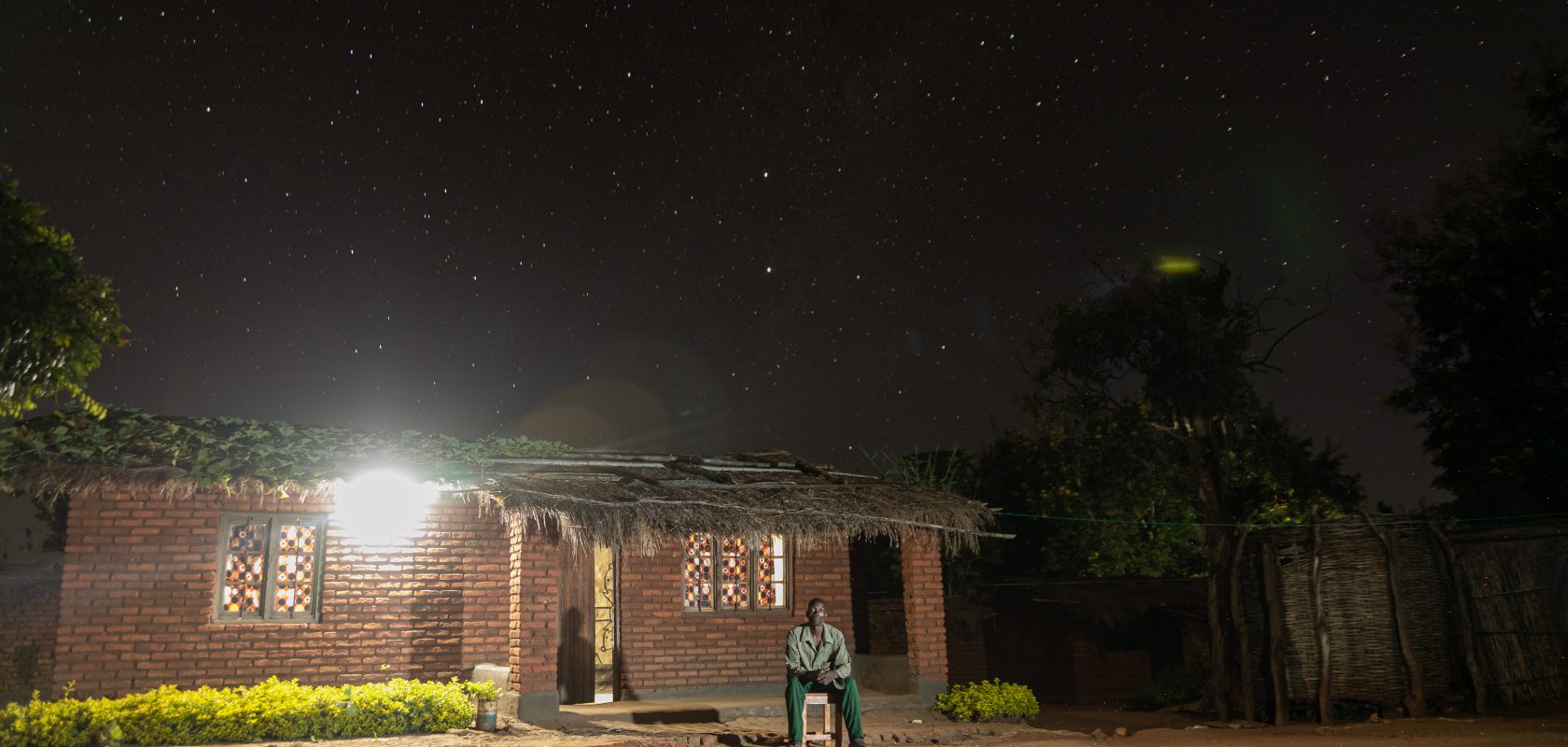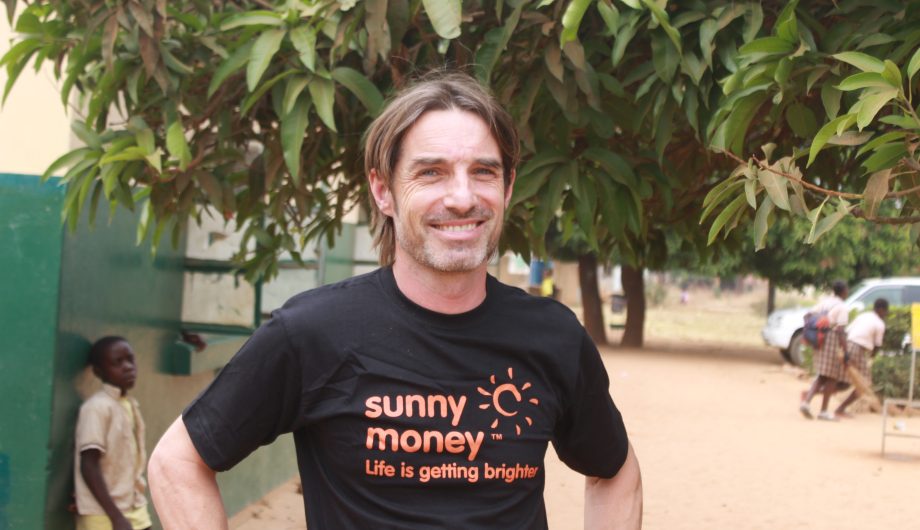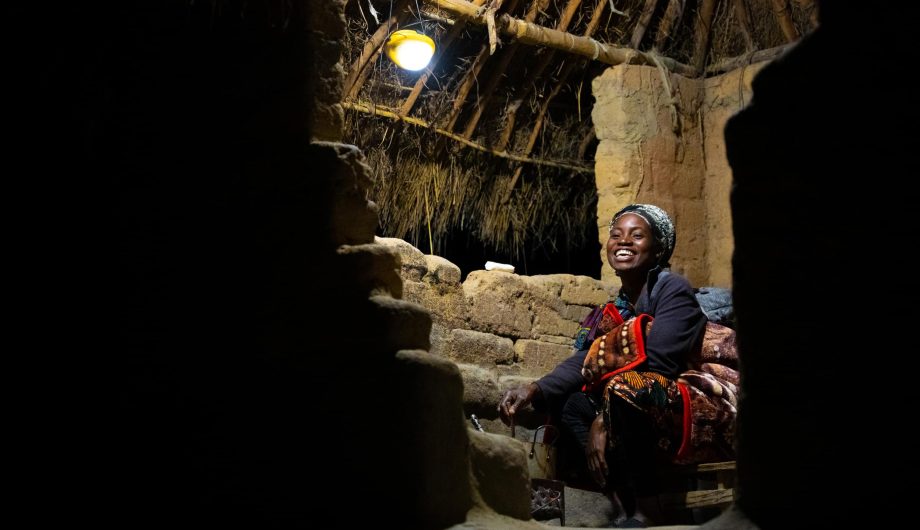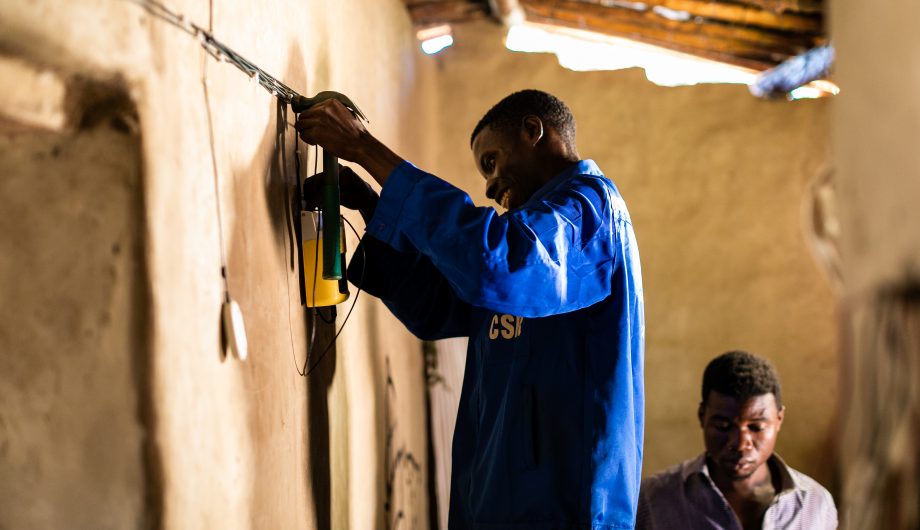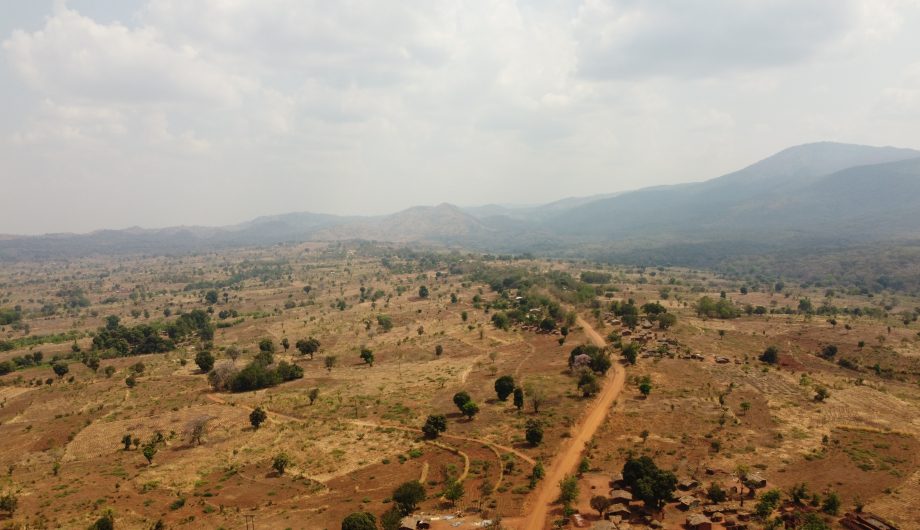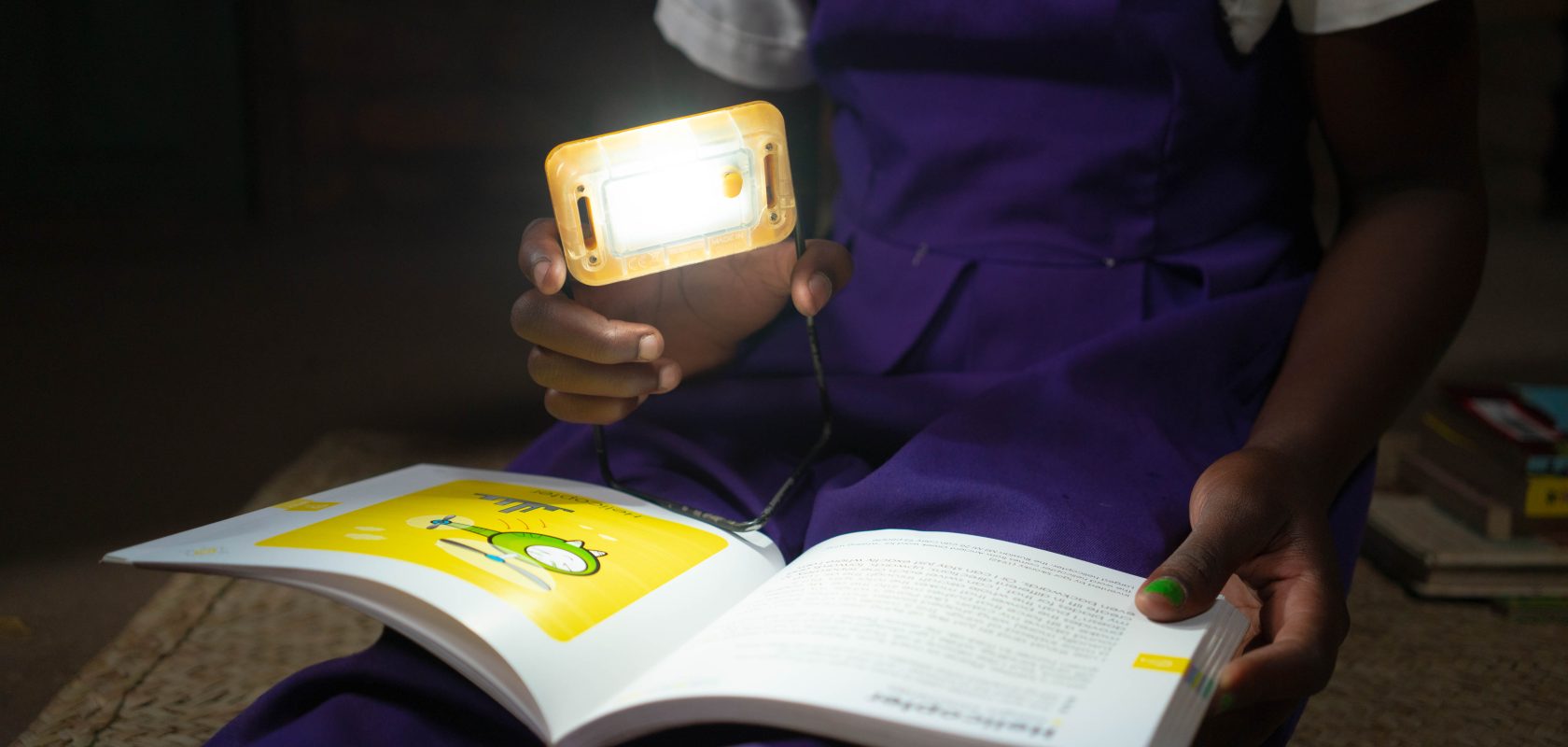SolarAid exists because right now, 590 million people across sub-Saharan Africa lack access to clean, safe, affordable light – endangering people and the planet.
But there is a simple solution – solar lights.
Solar lights extend the working day and remove the need to use dirty and dangerous fuels like kerosene meaning parents can earn, children can learn and the planet can breathe a bit easier.
Through our social enterprise model, we support people to create thriving solar businesses that tackle poverty and climate change.
